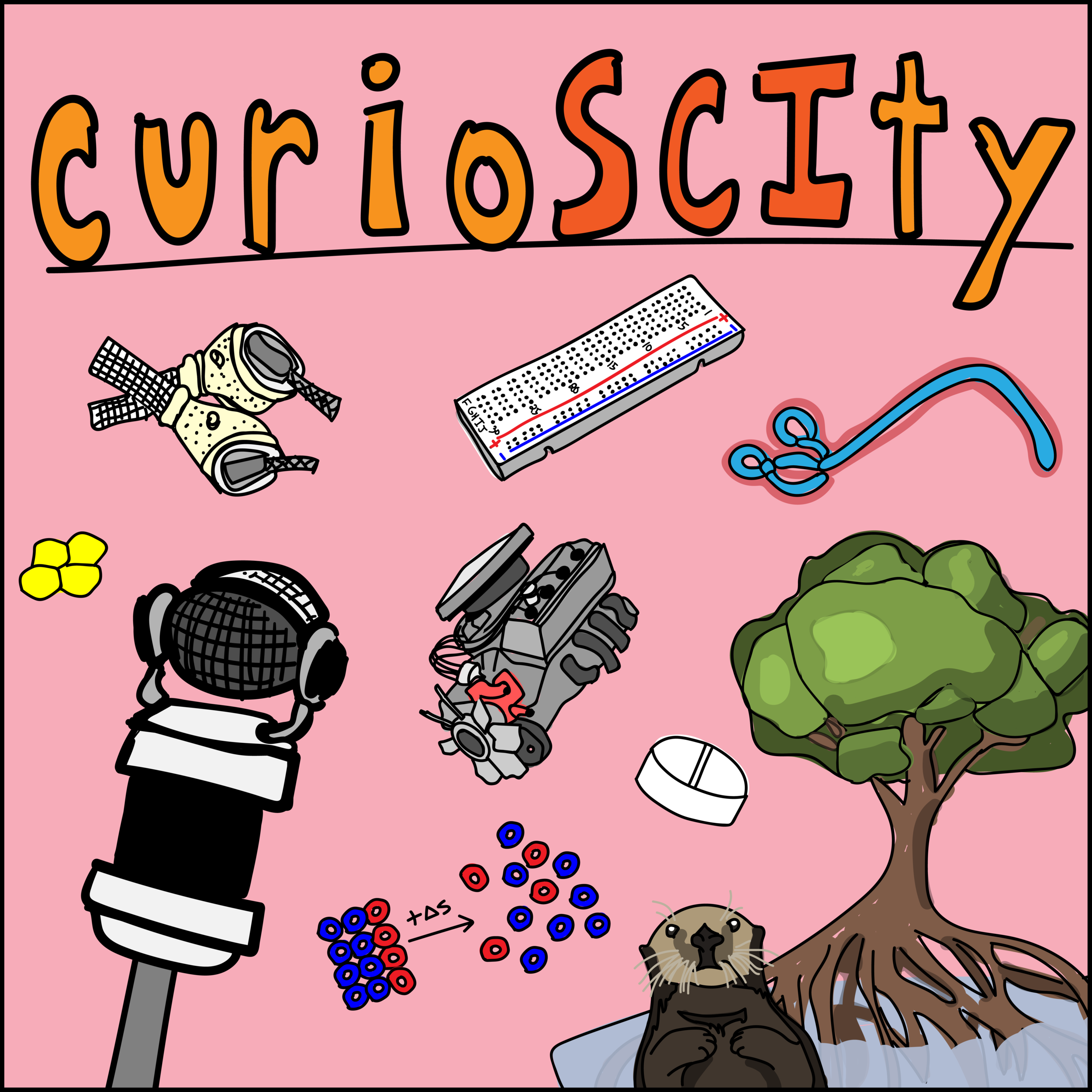44 - Spooky Things (w/ Jen Buchholz!)
44. Spooky Things
Boo! Did I scare you? What is it to be scared? Can we define emotions, and how do emotions like fear tie into our daily life nowadays? How are fear and anxiety related? Let’s learn to be scientifically conversational.
General Learning Concepts
1) Fear and Anxiety
a. What are emotions? According to the cognitive appraisal theory, emotions are judgments about the extent that the current situation meets your goals. Alternatively, William James and others have argued that emotions are perceptions of changes in your body such as heart rate, breathing rate, perspiration, and hormone levels. On this view, happiness is a kind of physiological perception, not a judgment, and other emotions such as sadness and anger are mental reactions to different kinds of physiological stages. [2]
i. “One of the major drawbacks of social science research is the need to resort to everyday language concepts in both theory and empirical investigation. The inherent fuzziness and the constant evolution of these language categories as well as inter-language, inter-cultural, and inter-individual differences make it difficult to define central working concepts in the universal, invariant, and consensual fashion generally required by a systematic scientific approach.” – Klaus R Scherer, Professor Emeritus at the University of Geneva.
b. What is fear? What is the difference between fear and anxiety? “Fear is the emotional response to real or perceived imminent threat, whereas anxiety is anticipation of future threat,” the Diagnostic and Statistical Manual of Mental Disorders, Fifth Edition (DSM-5) says. “Anxiety disorders differ from developmentally normative fear or anxiety by being excessive or persisting beyond developmentally appropriate periods.” Anxiety disorders are persistent, typically lasting six months or longer.
c. What is the purpose of fear? Fear is a vital response to physical and emotional danger; it has strong roots in human evolution. If people didn’t feel fear, they couldn’t protect themselves from legitimate threats, which in the ancestral world frequently resulted in life-or-death consequences.
2) Arachnophobia
a. What is arachnophobia? An abnormal and persistent fear of spiders. Sufferers from arachnophobia experience undue anxiety, even though they may realize that the risk of encountering a spider and being harmed by it is small or nonexistent.
3) Trypanophobia
a. What is trypanophobia? Trypanophobia is defined as the extreme fear of medical procedures involving injections or hypodermic needles.
4) Acrophobia
a. What is acrophobia? Extreme or irrational fear of heights.


